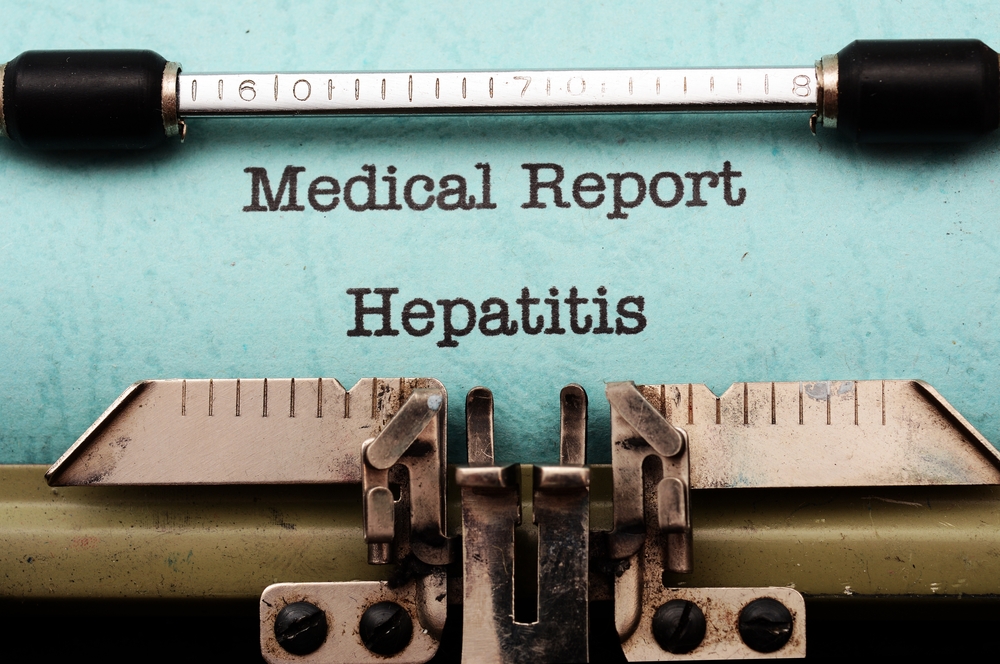Health centers must report all cases of hepatitis C to federal officials, but a study suggests that all but one case of hepatitis C went unreported in Massachusetts in a 10-year period. The Centers for Disease Control and Prevention believe that these reporting troubles may be widespread and estimates the actual number of individuals infected with hepatitis C may be 14 times the reported number.
“We were shocked to find only one made it to the CDC, reported as an acute hepatitis C case,” said Dr. Arthur Kim, director of the Viral Hepatitis Clinic at Massachusetts General Hospital in Boston, in a news report. “This indicates that only a small fraction of cases ever get reported to the CDC. They might be seeing only what amounts to the tip of a very large iceberg.”
The other 182 cases were not reported because the tests did not come back as positive in a timely manner or because the results did not meet the strict definition of hepatitis C, as defined by the CDC. “Massachusetts has a robust system of capturing new hepatitis C cases,” explained Dr. Kim. “However, it was very hard for our state health department to classify them as acute hepatitis C.”
“It’s really no surprise that so few cases are being reported,” said Dr. David Bernstein, chief of hepatology at North Shore University Hospital in Manhasset, NY. “Most people who get hepatitis C acutely don’t get sick, and the standard testing we use for hepatitis C is an antibody, which may not become positive for several months after being exposed.”
With the new knowledge gained in Massachusetts that only one of 183 cases of hepatitis C in the period of 2001 to 2011 was reported, as well as the knowledge that reported hepatitis C infections have tripled in the past years, the CDC estimates that between 23,500 and 101,400 patients in the United States had hepatitis C in 2013. This is contrary to the reported 2,138.
The lack of reporting causes more of a concern to help treat infected individuals than it causes a concern for rampant infection in the public. The study believes public efforts to help infected patients are being hampered by low reporting, leading to more cases of liver cirrhosis and liver cancer.
It is important to help patients with hepatitis C because a short-term infection from exposure to the virus can lead to a chronic infection that remains in the patients body for his or her lifetime. Without treatment, long-term liver damage can result in liver cancer. Although drug cocktails that treat chronic hepatitis C can cost up to $93,000, new medications and alternative production techniques are being developed to help cut costs. Additional means to identify hepatitis C patients are also being sought to help public health officials deal with the growing burden of disease.

